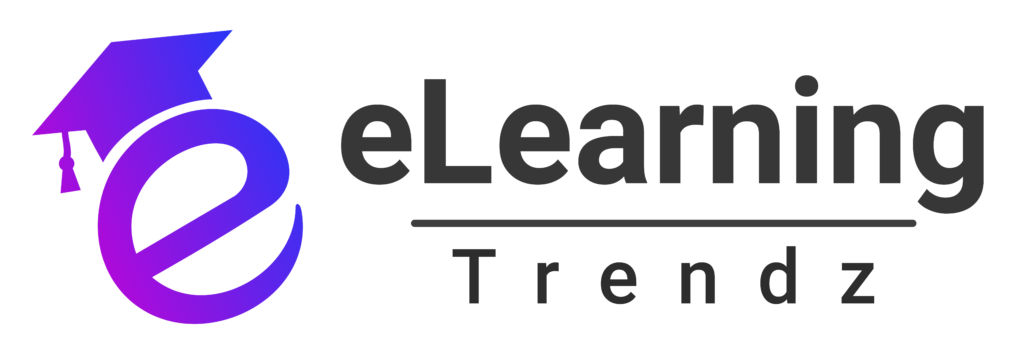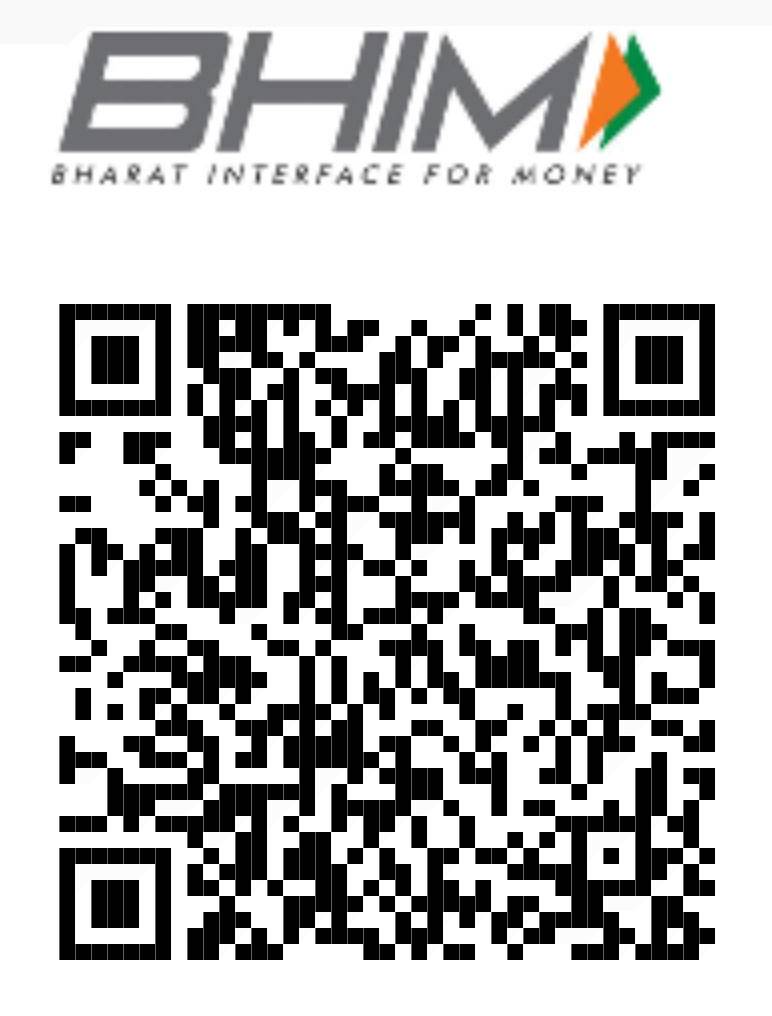As the demand for digital learning grows, so does the need for secure, transparent, and decentralized systems. One emerging technology that promises to transform the eLearning industry is blockchain. By leveraging the power of blockchain in eLearning, organizations can enhance transparency and security in course completion, ensuring that credentials are tamper-proof and verifiable. This blog explores how blockchain in eLearning ensures transparent and decentralized learning, while strengthening transparency and security in course completion.
What Is Blockchain in eLearning?
Blockchain is a decentralized, distributed ledger technology that records transactions across multiple computers in such a way that the registered transactions cannot be altered retroactively. In the context of blockchain in eLearning, blockchain technology is used to create a secure and transparent system for recording learning activities, achievements, and certifications. By embedding blockchain into learning management systems (LMS), organizations can ensure that learners’ progress and course completions are immutably recorded and validated.
How Blockchain Enhances Transparency in eLearning
Transparent and decentralized learning is a cornerstone of blockchain technology. Traditional education systems often rely on central databases, which can be vulnerable to manipulation, loss of data, or human error. Blockchain in eLearning provides an immutable record of every learner’s progress, making it impossible to falsify or alter course completions or certifications.
Immutable Records for Course Completion
With blockchain, each learner’s course completion, along with relevant metadata (such as the date, time, and instructor), is stored in a block on a decentralized ledger. Once the block is added to the blockchain, it cannot be modified or erased. This ensures that all credentials earned by a learner are transparent, verifiable, and trustworthy.
This level of transparency benefits both learners and organizations. Learners can confidently share their verified certificates with potential employers, while organizations can eliminate the possibility of fraudulent claims or false representations of qualifications.
Access Control and Permission Management
Blockchain allows for enhanced access control by ensuring that only authorized individuals can update or access certain information. This transparency is maintained through permission-based mechanisms, which are designed to give only designated entities, such as instructors, administrators, or certifying authorities, the ability to validate and grant certifications. Additionally, students can have full access to their own learning records, ensuring accountability in the learning process.
Ensuring Security in Course Completion with Blockchain
Another significant benefit of using blockchain in eLearning is its ability to provide a high level of security. Because blockchain is decentralized, data is not stored in a single, centralized location, making it less vulnerable to hacking or data breaches. Furthermore, the cryptographic features of blockchain ensure that the data is protected from unauthorized access and tampering.
Protection Against Fraudulent Certifications
One of the major concerns in the education and certification industry is the fraudulent use of certificates. With blockchain, each certificate is recorded on a distributed ledger and encrypted, making it virtually impossible to forge. Employers can easily verify the authenticity of a candidate’s qualifications by simply checking the blockchain record, which helps eliminate the risk of hiring individuals with falsified credentials.
Secure and Efficient Credential Verification
Blockchain technology streamlines the process of credential verification. In traditional systems, verifying a learner’s course completion often involves contacting educational institutions or relying on intermediaries. However, with blockchain, employers or organizations can quickly access and verify an individual’s achievements without relying on third-party verification services. This reduces administrative overhead and speeds up the hiring process while ensuring the accuracy and security of the credentials being verified.
The Role of Smart Contracts in Blockchain for eLearning
Smart contracts are self-executing contracts where the terms of the agreement are directly written into lines of code. In the context of blockchain in eLearning, smart contracts can automate various aspects of the learning and certification process, enhancing both transparency and security.
Automating Certification Issuance
Once a learner completes a course or achieves a particular milestone, a smart contract can automatically issue a certificate without the need for manual intervention. This automation ensures that certificates are issued in a timely manner and that the process is secure, transparent, and tamper-proof.
Streamlining Payment Systems for eLearning Platforms
Smart contracts can also be used to manage payments for online courses. By integrating blockchain-based payment systems into eLearning platforms, institutions can ensure that transactions are secure and transparent. This also reduces the risk of payment fraud and ensures that payments are processed quickly and efficiently.
Benefits of Blockchain in eLearning
The integration of blockchain into eLearning platforms offers several significant advantages:
- Enhanced Trust: Blockchain creates a transparent and secure environment, allowing all stakeholders to trust the data recorded in the system.
- Improved Data Privacy: With blockchain, learners maintain control over their own educational records, ensuring data privacy and protection.
- Elimination of Middlemen: Blockchain reduces the need for intermediaries in credential verification and certification issuance, which results in cost savings and faster processing times.
- Global Recognition: As blockchain technology is decentralized and transparent, certificates issued through blockchain are universally recognized and can be verified by any organization across the globe.
Challenges and Considerations
While the benefits of blockchain in eLearning are numerous, there are also challenges that need to be addressed:
Integration with Existing Systems
Integrating blockchain with existing Learning Management Systems (LMS) and other educational platforms can be a complex and costly process. Institutions may need to invest in upgrading their current systems or building new infrastructure to support blockchain technology.
Adoption by Stakeholders
For blockchain to be effective, all parties in the education ecosystem—learners, instructors, certifying authorities, and employers—must adopt the technology. This may require education and training on how to use blockchain-based systems, as well as a shift in mindset regarding how credentials are managed and verified.
The Future of Blockchain in eLearning
The future of blockchain in eLearning looks bright, as the technology continues to mature and gain adoption in various industries. As blockchain technology evolves, we can expect to see even more advanced applications, such as:
- Integration with AI: Combining blockchain with AI could further enhance the ability to track and analyze learner progress, creating even more personalized and secure learning experiences.
- Blockchain-Based Credentialing Networks: We may see the creation of global networks where all educational credentials are stored and verified on blockchain, making it easier for employers to evaluate candidates’ qualifications.
- Cross-Platform Collaboration: Blockchain’s decentralized nature enables greater interoperability between various eLearning platforms, making it easier to share and verify learning achievements across different organizations and institutions.
Conclusion
Blockchain in eLearning is paving the way for a more transparent, secure, and efficient learning ecosystem. By ensuring transparent and decentralized learning and providing enhanced transparency and security in course completion, blockchain technology offers learners and organizations a trustworthy solution for managing credentials and achievements. As more educational institutions and organizations embrace blockchain, it will undoubtedly play a pivotal role in shaping the future of eLearning and lifelong learning.













